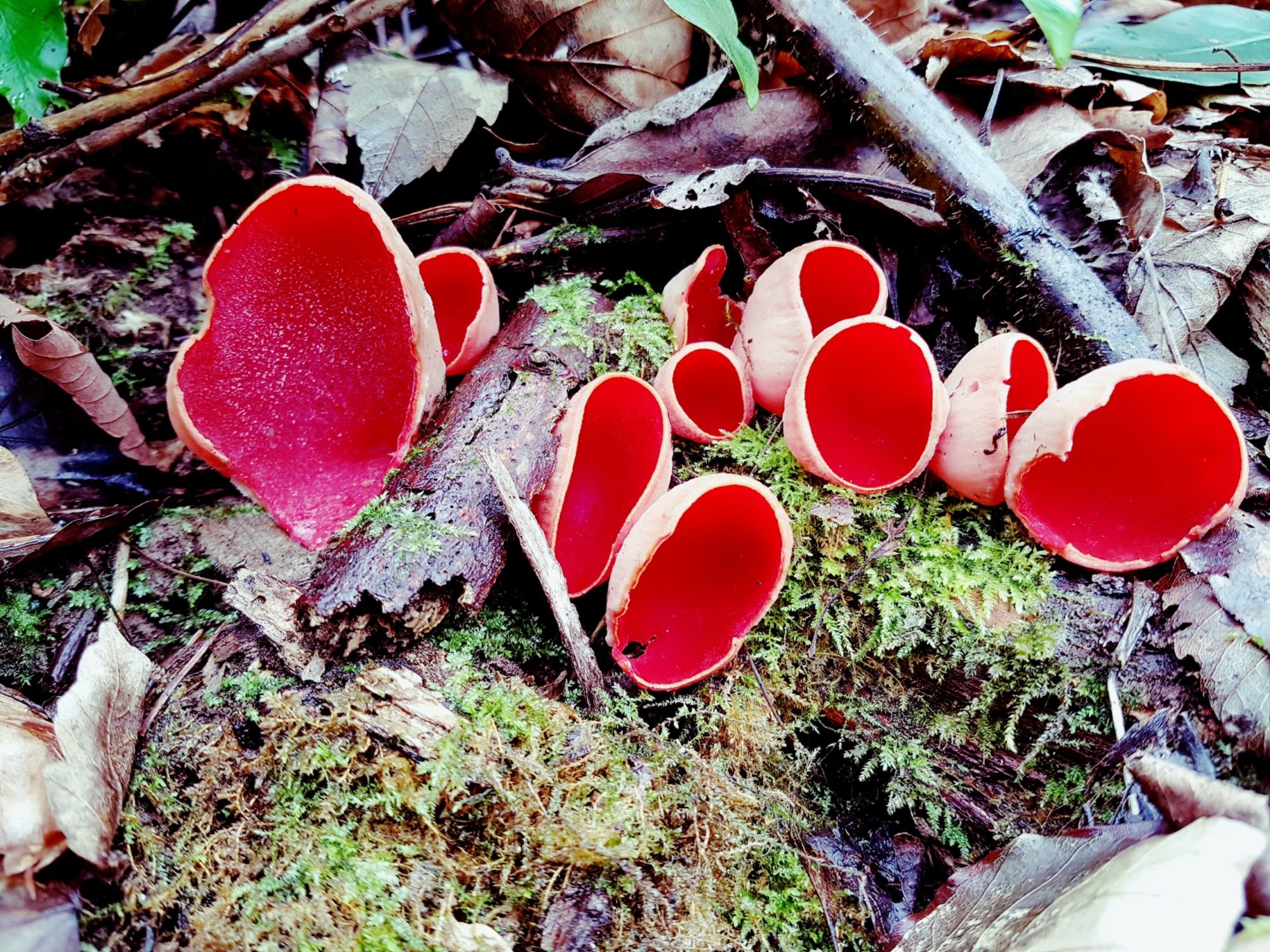Humans have a tendency not to do something unless it’s easy. From bread-makers, recycling rules, planting trees or engaging with environmental media; we want it fuss-free.
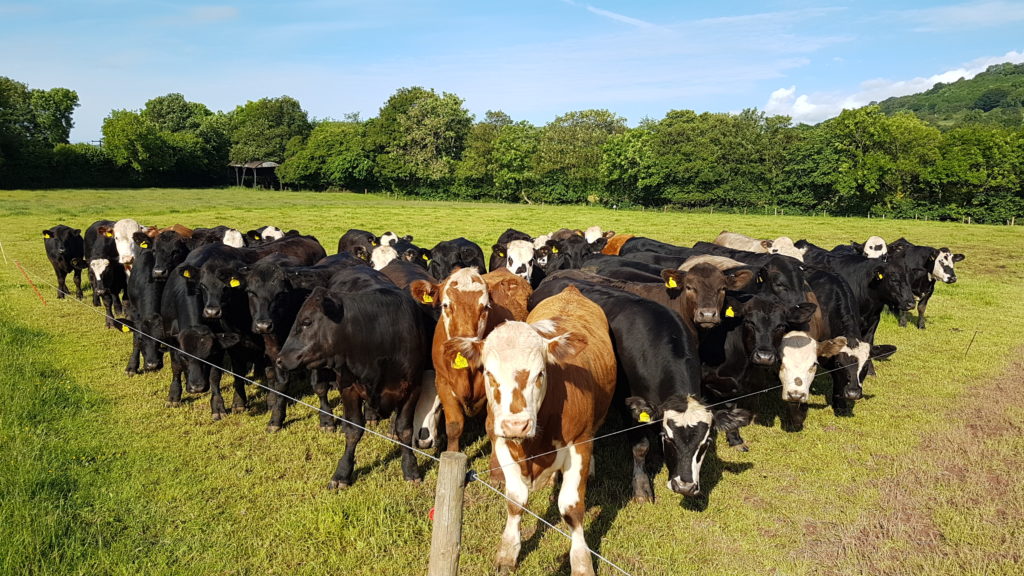
Obtuse nature
“Some of the stuff you write is impenetrable, Rob”. And perhaps surprisingly, I agree. While unsurprisingly, it’s easier to scroll a twitter feed and editorialised media headlines, than decipher something obtuse and a little outside the box in how it’s framed.
Perhaps it’s no wonder after a handful of Nature Notebooks in The Times a few years back, they gave up on me. Understandable. See extracts below, and make up your own mind. I now find it easier to say something in circa 60secs. Follow the market they say, as concentration spans shrivel.
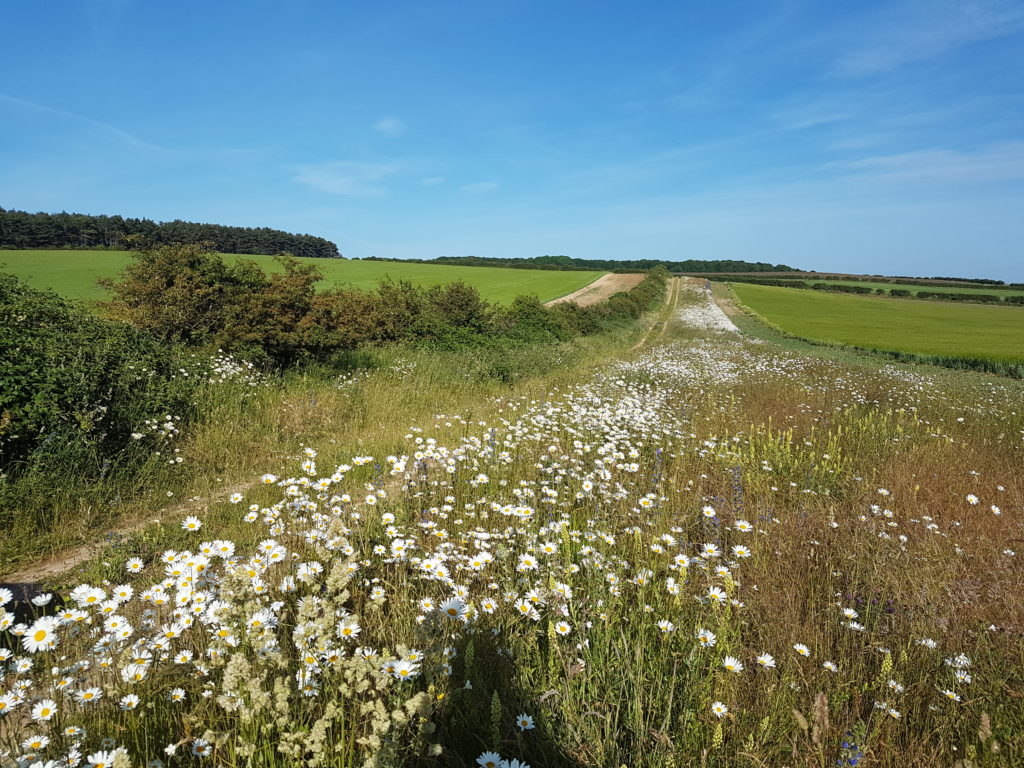
Side by side wildlife

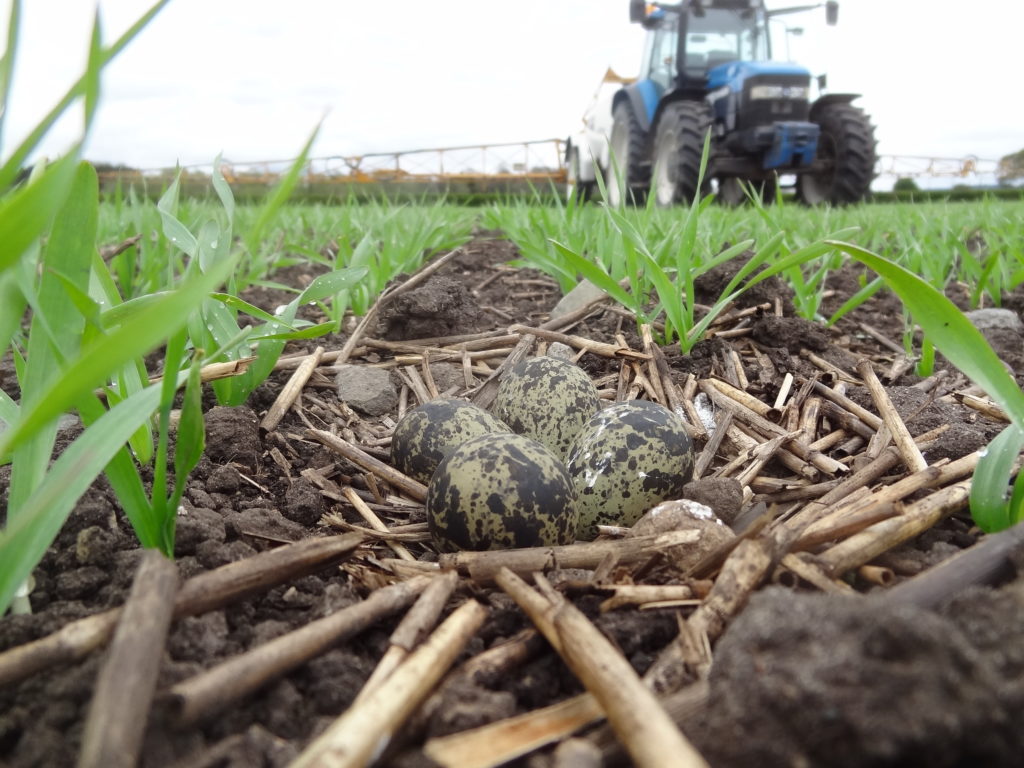
Ask Carson

Even Rachel Carson (Silent Spring) understood a need for judicious use of some pesticides – but there’s little space for that type of nuance today. Oh, by the way, that’s not defending the continued use of pesticides!
Engaging, not tilting at wildlife
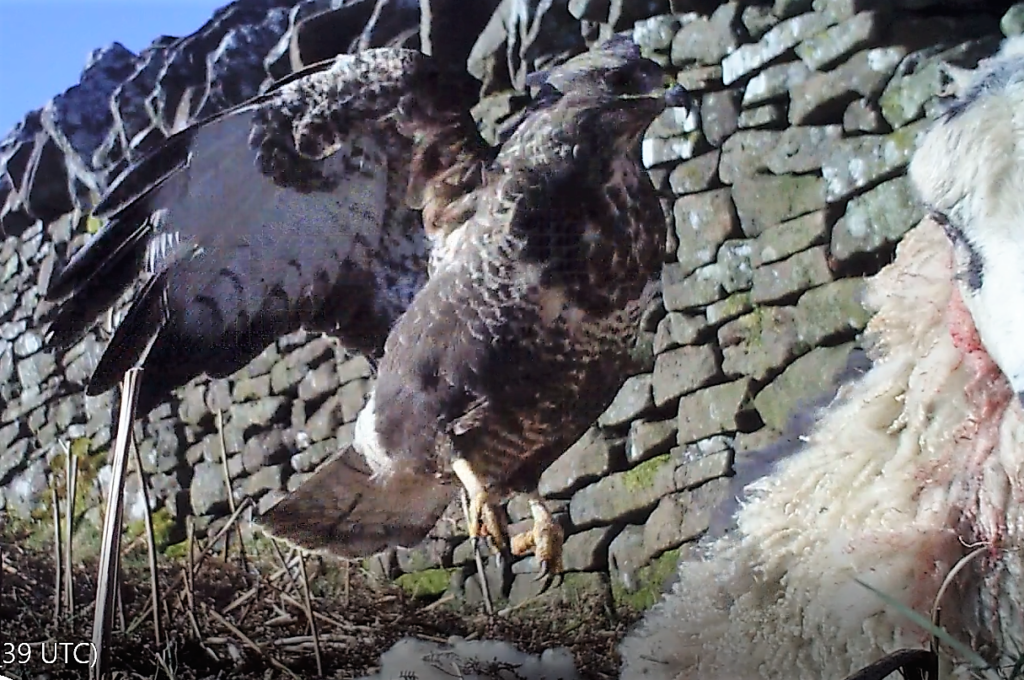
I’ve been involved with conflicts in conservation for some years now. It’s a hardcore place in modern ‘soft’ conservation terms. Too often we are ‘tilting at wildlife’ (aka windmills) by exposing the matter, not the purpose.
Ask these wildlife conservation signatories, George Monbiot, or even anyone seeking to release WT eagles in Norfolk. There’s plenty of fresh research (social) on this science page that could help us deal with human interests in helping wildlife.
“It may seem paradoxical, but by adopting a cooperative mindset, you are more likely to get what you want“
Harvard Negotiation School
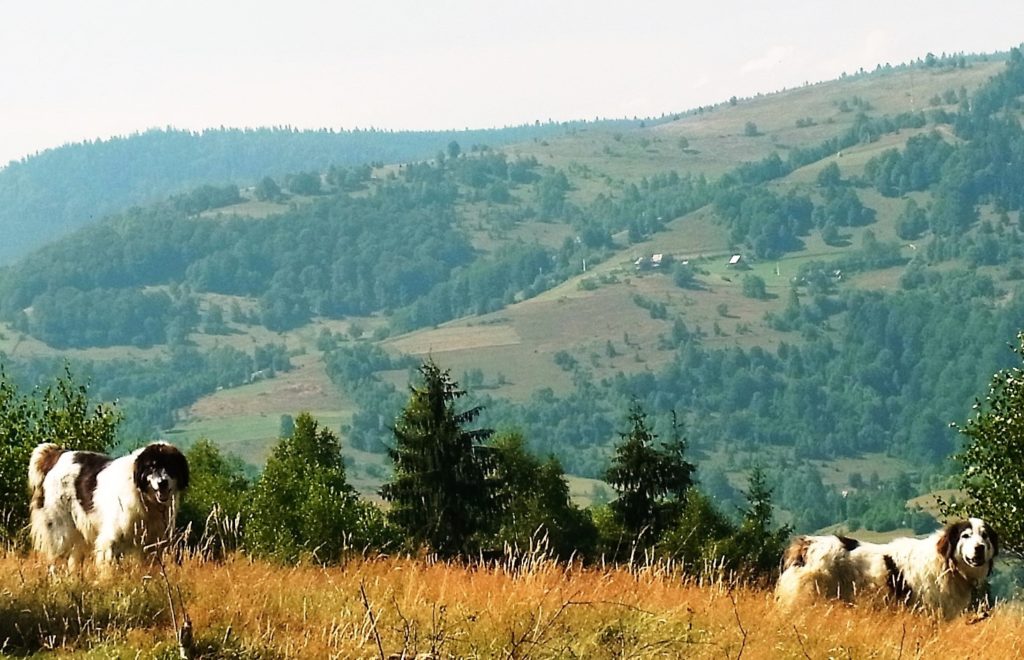

a book informed by evidence in building trust for conservation
Comments off, conversation on
Healthy conservation partnerships generally seem to be fostered closer to the ground roots. Away from middle management, activist media, membership recruitment departments, single issue campaigners etc. (all important valid roles but at times acting as gatekeeper to pragmatic solutions for wildlife.)
Such as via these conservationists busy working in Scotland (for waders), Ireland (for curlew), Orkney (on stoats) or pine martens in Wales.
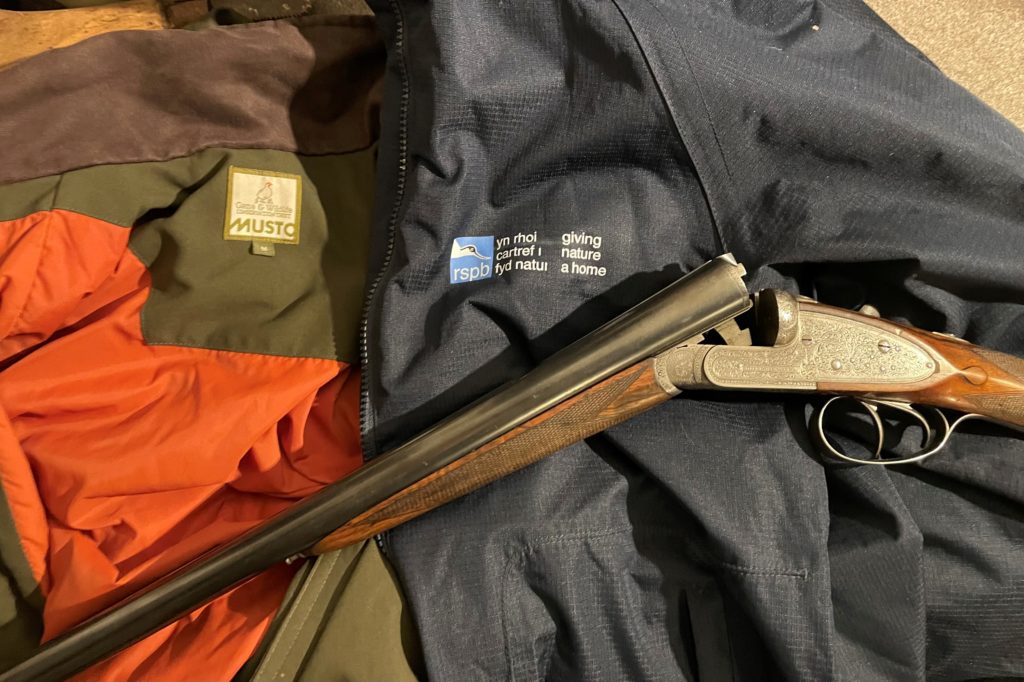
There’s no need to be alarmed by the image above. Researchers, wildlife conservation scientists and managers often work together – more than the media let you know. Here’s one 25 yr project in the uplands and a 20 yr one in the lowlands.
Nature-based media, heads up!
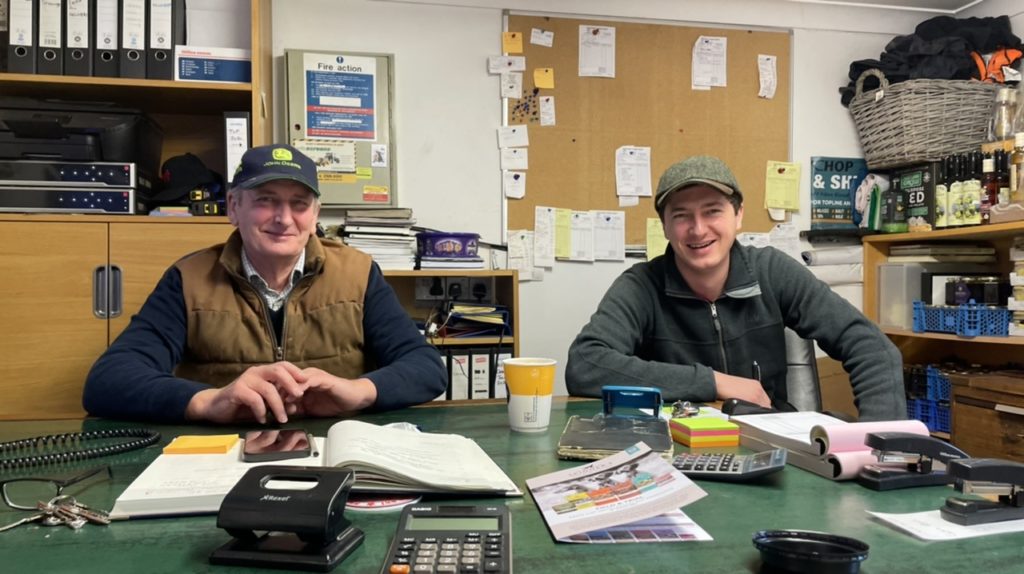
Much of this is work in progress is at grassroots – which is why I headed this ‘nature-based chainsaws’.
We humans are integral to nature-based actions: whether munching cheese on toast, walking dogs in parks, controlling rats, flushing toilets, releasing beavers, growing trees, saving curlews, wilding hillsides, preventing flooding.
We have to get smarter in how we interface with both nature and ourselves – while harvesting, not exploiting, natural resources.
